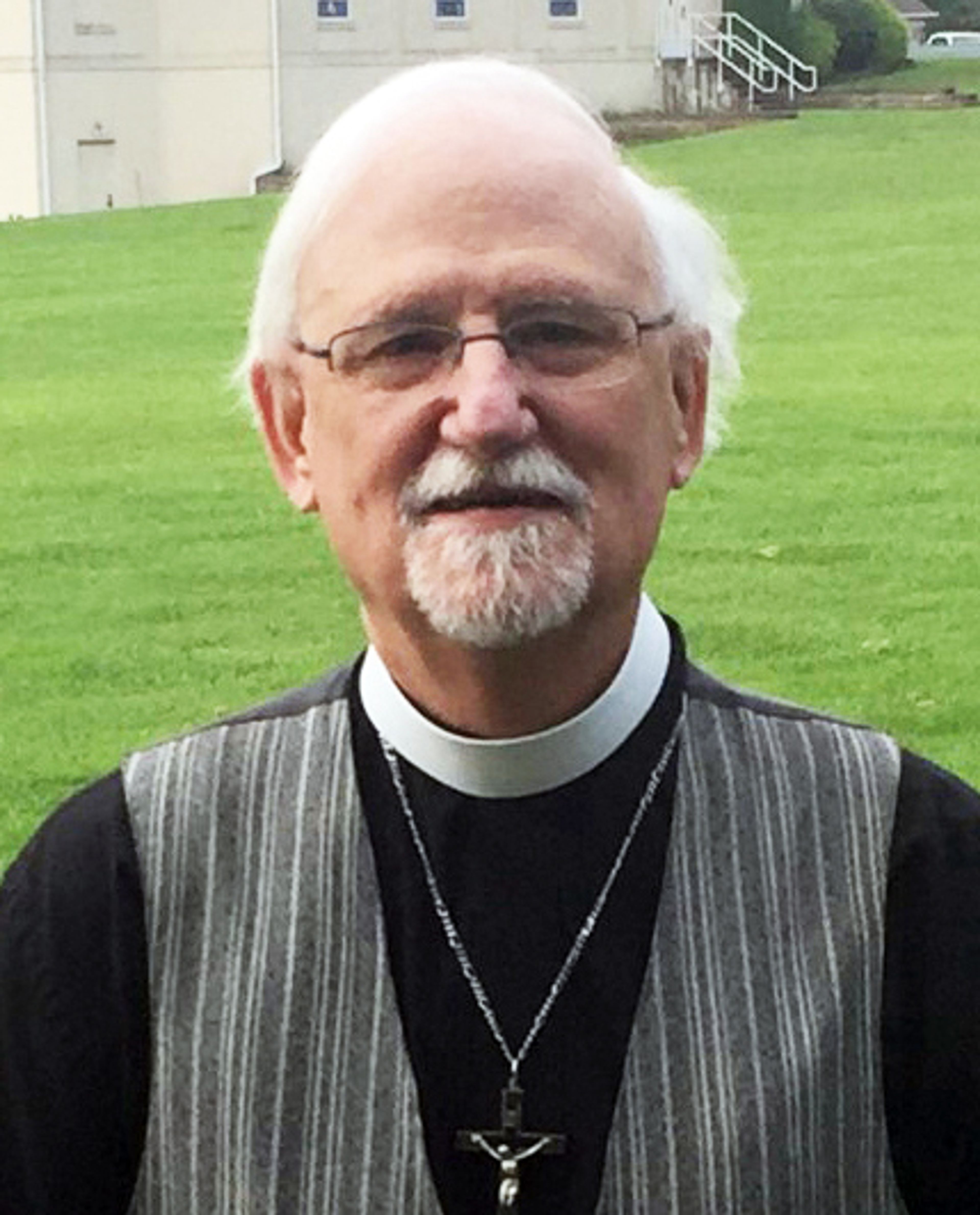When my wife, Lori, and I were in college, we decided to buy a car and found nice small one at a good price. However, there was one problem. The car had a manual transmission and neither one of us knew how to drive a manual. I had driven tractors on our farm growing up, but driving a manual transmission car is something quite different. So, we had to ask Lori’s dad to teach us to drive the car we had already bought. He tried to teach both of us, but quickly lost patience, realizing he did not have time to teach both of us. So, he said, “Dan, I will teach you, and then you can teach Lori.” That is what we did. Praise God, we both got the hang of it without burning out the clutch of our new car. Since those lessons on driving a stick, over 40 years have passed. We had no idea how important learning to drive a manual would be in our later life. In the part of the world where we serve, from the time we became missionaries in 2000 until now, most vehicles have had manual transmissions.
A few months ago, a young female missionary joined our team here in Poland. No one had ever taught her to drive a manual, but the only car to which she has access is a manual. So, Lori recently has been teaching her to drive a stick. Since Lori has been driving such cars for over 40 years, she does most things by habit and intuition. She knows what to do, when to do it and how to do it, and she does it well. However, Lori does not want to pass any bad habits on to her pupil. So, in this process, Lori has needed to go back and think through how she drives a manual and how she was taught to do so. In this process, she has had to ask herself, “How do I do this and that, and is that the way I should be doing it?” Often the things we do frequently, we do not do well. We slip into habits and routines and seldom consider if we are doing these things well or in the right way. For those who frequently attend church, listening to sermons is often one such activity. Every Sunday, or at least multiple times a month, we listen to a pastor or other speaker without considering how we should do this.
Acts 17: 11-12 can help us understand how to listen to sermons better. (11) And the people of Berea were more open-minded than those in Thessalonica, and they listened eagerly to Paul’s message. They searched the scriptures day after day to see if Paul and Silas were teaching the truth. (12) As a result, many Jews believed, as did many of the prominent Greek women and men (NLT). Before arriving in Berea, Paul and his missionary team had been sharing the gospel in Thessalonica. (Both cities were located in what is modern-day Greece.) When strong opposition arose there, the Christians quickly sent Paul and his assistant, Silas, off at night to Berea, located about 45 miles to the west-southwest from Thessalonica (Acts 17.10). Once Paul arrived in Berea, as was typical for him (Acts 17.1), he went to the Jewish synagogue and began discussing the gospel with the Jews and gentile proselytes there. As the people in the synagogue listened to Paul, they displayed four qualities that we need to focus on as we listen to sermons today.
First, they displayed open-mindedness. And the people of Berea were more open-minded than those in Thessalonica. The word open-minded originally referred to people of noble birth. In time, it came to mean those of noble character, who were open to new ideas. In order to effectively listen to a sermon, we must be open to new ideas and understandings. People who think they have nothing left to learn about the Lord and his word will not get much out of even the best sermons.
Second, the Bereans had a great desire to understand the truth better. Consequently, they listened eagerly to Paul’s message. This phrase indicates that “they were entirely ready and accepted and welcomed the message [concerning the attainment through Christ of eternal salvation in the kingdom of God] with inclination of mind and eagerness (AMPC)." They were keenly interested in the study of the Old Testament scriptures (Be Commentary). If a person is open to new ideas, but is not passionate about learning the truth, he or she will not put forth the effort needed to learn the truth. The sermon is not a time sit passively and listen. It should be a time of joint study and reflection on the meaning and application of the scriptures. A person who passionately wants to understand and apply the Bible better will listen to the sermon actively, thinking about what the preacher is saying and how to apply it in life.
Third, the Bereans were not naïve, but healthily analytical. They searched the scriptures day after day to see if Paul and Silas were teaching the truth. They were sure that the scriptures were the standard by which they should evaluate all ideas and practices. So, as Paul put forth his ideas and arguments in favor of the fact that Jesus was the long-awaited Messiah, the only Savior and deliverer (Acts 17.3), they compared what he was saying with that which was written in the Old Testament scriptures. Not only do we need to listen with open minds and passionate hearts, but also with open Bibles. We need to read the scriptures to which the preacher refers, analyzing how the preacher is using them and if they actually mean what the preacher claims they mean. We must ask the Holy Spirit to be our ultimate teacher and help us distinguish truth from error and opinion from fact (1 John 2.27).
Fourth, many of the Bereans applied Paul’s message to their lives, accepting Jesus as their Lord and Savior. As a result, many Jews believed, as did many of the prominent Greek women and men. They started as open-minded, passionate seekers, then moved on to be warm-hearted analytics, and wound up dedicated followers of Christ. As we listen to sermons, we should not just try to learn something new or enjoy the oratory skills of the preacher; the goal should be to apply what we hear in our lives. We need to strive to be doers of the word, and not hearers only, deceiving yourselves (James 1.22 ESV).
If our young colleague is going to learn how to drive a stick, she will have to display these four qualities. She will need to be open to receive instruction from my wife. She will need to be passionately committed to learning how to drive a manual car. She will need to learn to filter the multitudinous advice that others will give as she is learning to drive such a car. And she will have to apply what she is learning again and again as she practices driving a stick shift.
If we are going to get the most out of the sermons we hear, then we need to focus on these four things as well. We must try each time we listen to a sermon to be open-minded, passionate about learning truth, discerning and analytical, and determined to obey what we learn. If we do this, we will get a lot more out of the sermons.
DAN UPCHURCH is a native of Bollinger County. He and his wife, Lori, spent many years as missionaries in Ukraine and currently serve in Poland.







